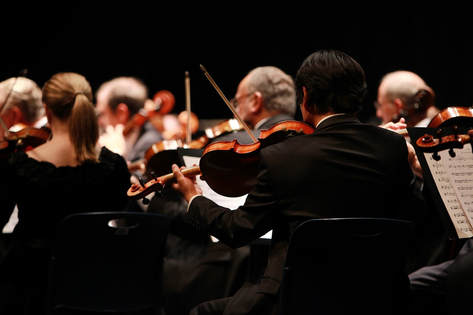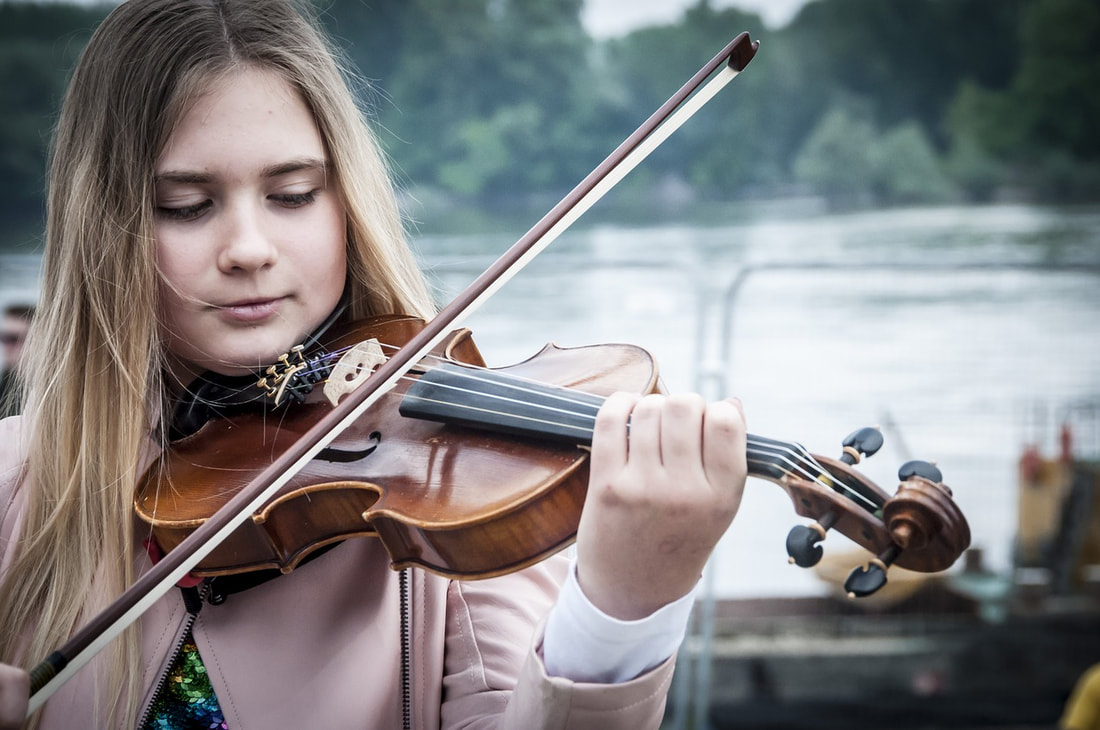|
Don Gayhardt is a Pennsylvania-based business executive with more than 25 years of leadership experience in the fintech sector. In addition to serving as the president and CEO of CURO Financial Technologies Corp, Don Gayhardt applies his leadership experience to a position as the chairman of Music Training Center Holdings, LLC, a group that offers quality music programs to children in the Philadelphia area. One form of music that many parents would like their children to take an interest in is classical music. Studies have shown that exposure to classical music in childhood can have a positive impact on the development of memory skills and spatial-temporal reasoning. Parents who want to foster an interest in classical music in their children should consider the following helpful tips: 1. Demonstrate excitement about classical music.When a parent shows enthusiasm for a certain type of music, their positive energy is bound to have an impact on their child’s opinion. Look for opportunities to demonstrate your own interest in classical music to your child in everyday situations. It can be helpful to make sharing music a regular family activity, taking turns sharing your favorite classical pieces with your child and listening to music your child has selected. 2. Play classical music in your home and on car trips.In addition to showing an active interest in classical music, incorporate classical songs into your family’s daily routine. Play pieces from your favorite composer as you cook dinner, or in the car as your take your children to school. You can also consider playing classical music for your children as a lullaby to help them fall asleep. The more familiar your child is with the genre, the more interest they may develop in it. 3. Engage your child’s interest with questions.Asking your child opinion-based questions about classical music is an excellent way to engage their attention. When you play a piece, ask your son or daughter how the music makes them feel. Ask your child about the parts of the song they most enjoyed, and what the music makes them think of. 4. Take your child on a field trip to the symphony. Taking your child to a symphonic performance is an excellent way to foster a love of classical music. Apart from the novelty of being out of the house, going to the symphony and seeing the lights, witnessing the orchestra setup, and hearing the music in person for the first time can leave a lasting impression. If you believe your child is mature enough to sit through a symphony performance, make sure to pick the right show. Some local orchestras host performances specifically designed for children, featuring music from the soundtrack of popular children’s films. For children who aren’t quite interested enough to sit through a symphonic performance, the ballet can be a great alternative. Ballet performances provide visual entertainment while featuring classical music as a soundtrack. The Nutcracker is a perennial ballet favorite for families with young children. 5. Encourage your child to take music lessons on a classical instrument.Some children may become interested in the genre if they are allowed to take lessons on a classical musical instrument. Developing as a musician can teach your child to appreciate all genres of music, including classical, in a way that they never would have otherwise. Great beginning instruments for this purpose include the piano and classical guitar. Though the right age to begin lessons will vary from child to child, a majority of professionals suggest that five years old is a good age to start piano, while guitar may be better for eight or nine year olds, due to the hand dexterity necessary to swiftly change chords. 6. Read your child stories that involve classical music. Reading books about famous classical composers to your children during story time may be an effective way to educate and entertain them at the same time. Books like Why Beethoven Threw the Stew by Steven Isserlis and The Farewell Symphony by Anna Harwell Celenza are great choices for teaching children about classical music during story time. Other books like Listen to the Birds by Ana Gerhard, which includes an accompanying CD, can teach your kids about the genre and allow them to hear the sounds of the distinct instruments used in classical music. 7. Watch movies about classical composers.If your child connects better with films than books, there are many family-friendly movies that can help them learn to appreciate classical music. For a lesson on the life of one of the world’s most famous composers, consider the film Beethoven Lives Upstairs. Other movies for children that incorporate classical music include animated features like Looney Tunes Musical Masterpieces, as well as Disney’s version of Peter and the Wolf.
Comments are closed.
|
Photo used under Creative Commons from Marina K Caprara

 RSS Feed
RSS Feed
